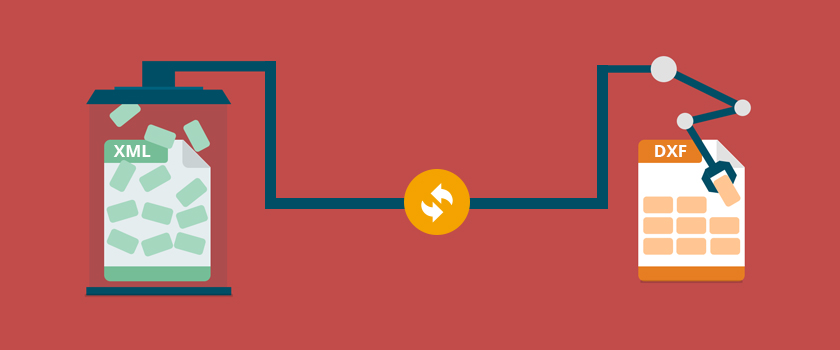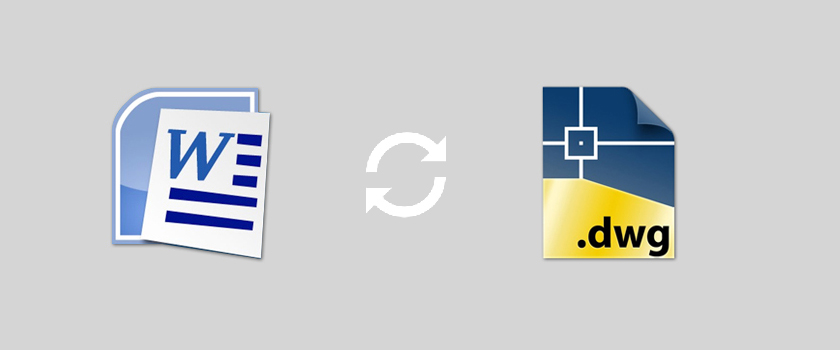German Speaking Countries in Europe
By: Vanessa Anderson Posted on Tue, 05-03-2019

German is one of the most valued languages in the world. It is rightly termed as the language of thinkers and philosophers. You might be amazed to know that Germany is not the only country where it is spoken. In fact, German is among the most-famous international languages, and it is a natal tongue of more than 95 million people across the Globe. In addition to Germany, German is the only official language of Liechtenstein and Austria.
German is a powerful language with powerful influence over a range of cultures and languages. Currently. German is on the top position in the worldwide economy which adds to its value. Furthermore, it is among the most extensively used languages of the internet.
Some Interesting Facts about the German Language
1: The German language has some exceptionally long words.Many words comprise 50-60 characters.
2: German has many similarities to English and Dutch language.
3: In the 18th century, German was about to become United States’ official language but English won the polls by a single vote.
According to an estimate, about 6 percent of all the websites that are live are in the German language. Thus, if you want to expand your business, you must plan to cater to German-speaking markets by translating your online profile into the German language. About 16 percent of the total population of the European Union speak German. Moreover, it is also spoken in a number of countries that are situated outside Europe.
There are 6 countries whose official language is German.
These countries include:
Austria
This neighbor country of Germany has a population of approx. 8.5 million and most of them speak German. To your surprise, more than 90 percent of residents are native speakers while it is the second language of about 516000 people.
The version Austrians speak is termed as Austrian German. Besides, some other dialects are also used including Austro-Bavarian and Alemannic. However, the standard version is used in Media publications, academic curriculums, and business affairs.
Thus, it can be rightly said that Austria has the largest German-speaking population outside Germany. Besides, it was given the status of official language in Austria in the middle of the 18 century. Even before that, the language was extensively used throughout Austria for communication.
Switzerland
The country with a population of over 8 million has the majority of the people who use German as the mother tongue. The rest of the residents speak Italian or French. More than 60 percent of the country’s population communicate in German.
After Austria, it is the second nation with the largest German population outside of Germany. There was a time when over 71 percent of the country’s population was native German-speaking. With time, the percentage decreased but still, the country has a significant number of German-speaking people.
Moreover, about 5 percent of the total residents use it as a second language. Interestingly, in 17 Switzerland’s cantons, the only official language is German. The version spoken in Switzerland is termed as Swiss German and it is known as an Alemannic dialect. Furthermore, in the region of Samnaun municipality, the Bavarian dialect is used.
Luxembourg
The country is located on the western border of Germany and it has about 390,000 German speakers. It is among the smallest European nations and more than half of its population speak in German. Although French is preferred for official business affairs, the majority of the people use German.
The place names and street are also mentioned in French there but in daily life, the residents communicate in German. The dialect they used for everyday communication is known as Letztebuergesch. Besides, many of the country’s newspapers are in the same language. Thus, Luxembourg is among the German-speaking European countries.
Belgium
You might already know that Dutch has official status in Belgium. However, many of the residents also speak other languages including German and French. German is one of their official languages as well.
In fact, the country has the third largest German population. According to some studies, about 75,000 people in the country speak German. The native German speakers found in Belgium are actually from the German-speaking community.
This small community comprising an area of 330 square miles is located in Wallonia province which was initially a part of Nazi Germany and the German Empire. Besides, the schools situated in this community also use the German language. Moreover, skilled German translators are also appointed for parliament sessions for those who need.
Liechtenstein
Liechtenstein is situated between Switzerland and Austria. This is a Central Europe’s microstate with native German-speaking population. The small country has a nickname of Postage Stamp because of philatelic activities and little size.
There are over 35,000 individuals who speak German while the total population of the country is just 38,000. Thus, more than 95 percent of the country’s total population are native speakers, and it is official as well as the national language of Liechtenstein.
Interestingly, the capital of the country, Vaduz have newspapers in the German language. Simply put, this small country with less than 50,000 population is also included in German-Speaking countries.
Alto Adige (South Tyrol)
Surprisingly, the province of Italy, Alto Adige has plenty of German-speaking residents. The total population of South Tyrol is about 0.5 million and more than 60 percent of them speak German. People use a version of Austro-Bavarian which is commonly known as Tyrolean.
Furthermore, there are some other countries, where German is used as a minority language. Some of these include:
- Romania
- Russia
- Hungary
- France
- Slovakia
- Denmark
The Last Words
Keeping in mind a vast number of speakers along with the growing impact and strong influence worldwide, it is important for the businesses to localize their digital content. It will enable them to reach a large number of German-speaking audience.
Translating your online content into German will unlock your access to the lucrative German market. Besides, effective localization will add to your credibility and assist in rapid business expansion. If you are looking for a reliable name for professional translation, Mars Translation is your go-to option.

dxf: DXF is a CAD data file format developed by Autodesk for CAD data exchange between AutoCAD and other software. docx:
Read more
Mars Translation can help you extract the texts in a DXF file and convert them into a XML file so
Read more
Mars Translation can help you extract the texts in a DWG file and convert them into a Word file so
Read more
Africa is the second largest and second most populous continent. As recent statistics suggest, 1,486,275,887 is the current population of
Read more
No state on the western side of the globe can compare the strategic geographic location, diverse multilingual workforce, and attention
Read more
San Diego is California's second-largest city, and it has a population of 1.3 million from which three million residents are
Read more
Dallas is the largest state in Texas after Houston and San Antonio. It is the ninth most populous city in
Read more
In this day and age, users love to consume video content. Statistics show that almost 90% of all internet users
Read more
Virtual reality is transforming our imaginative worlds into existence. Since childhood, we used to create visionary kingdoms and act like
Read more